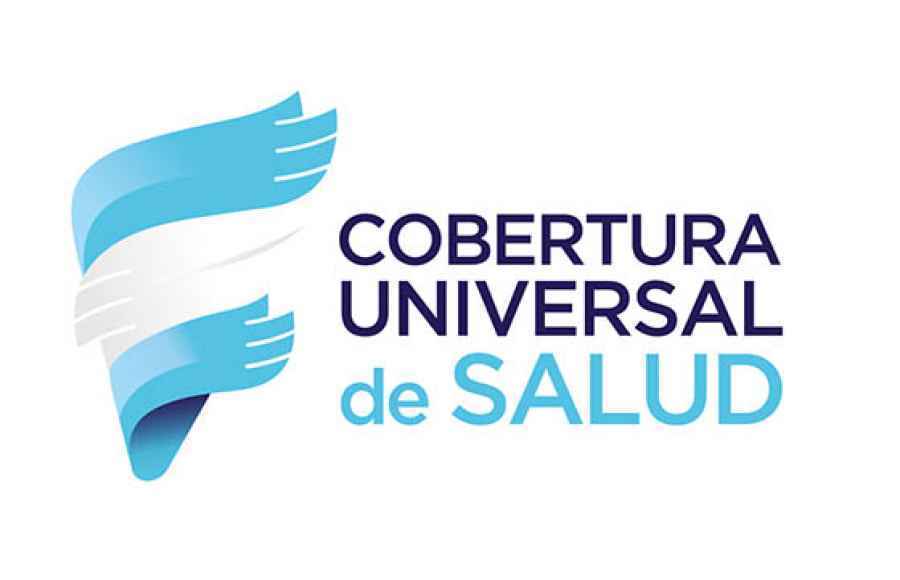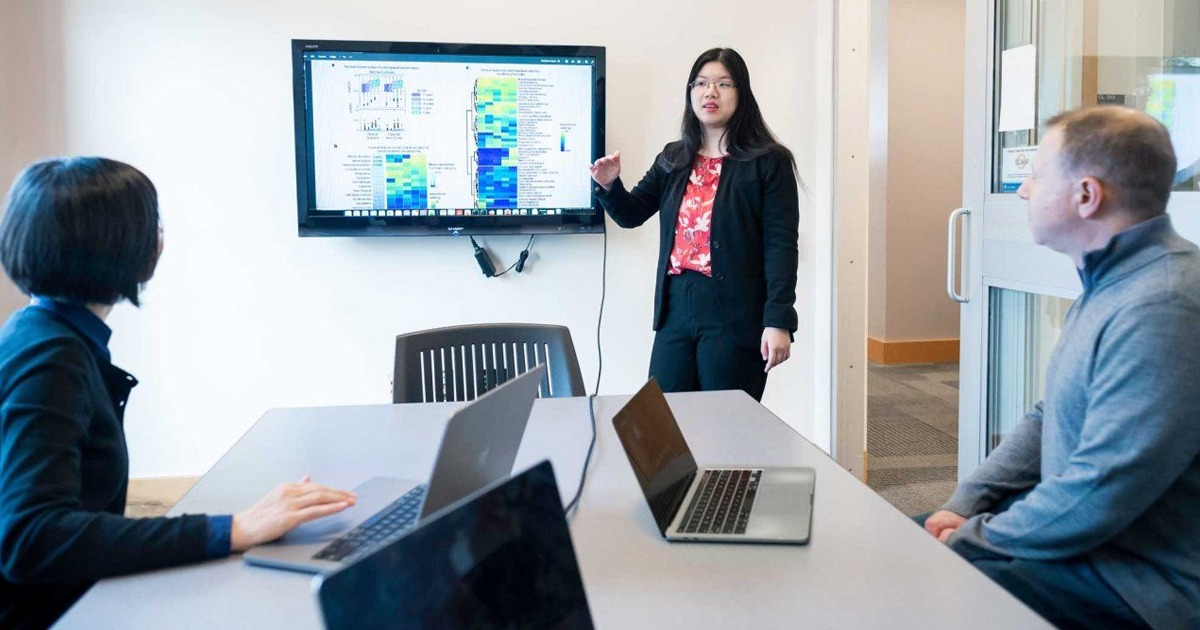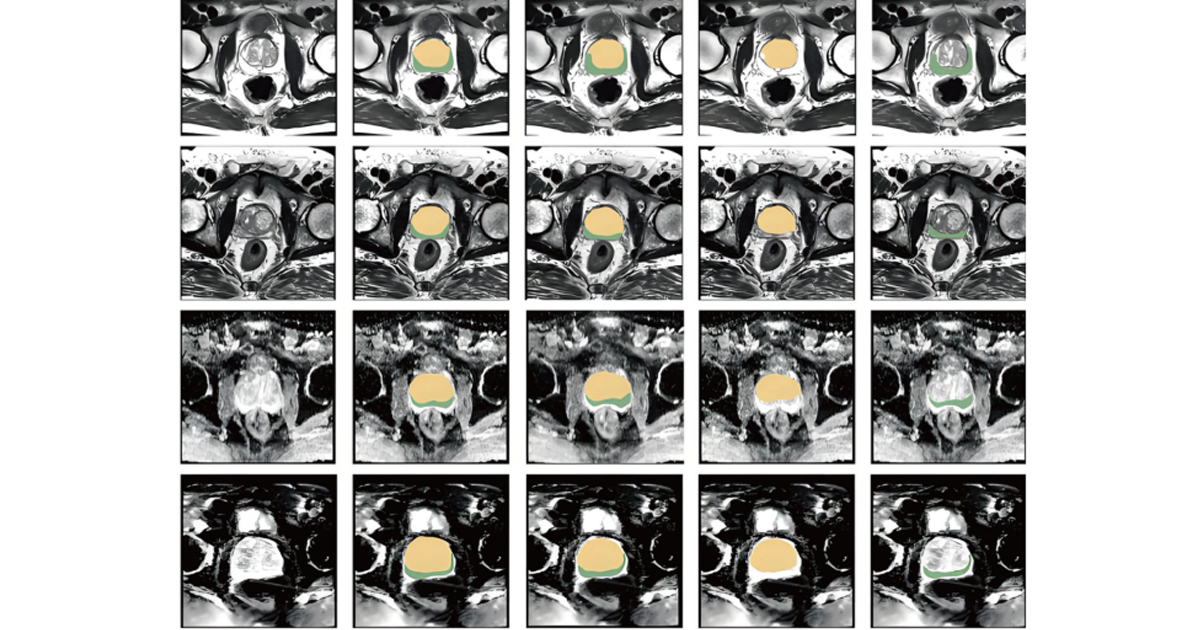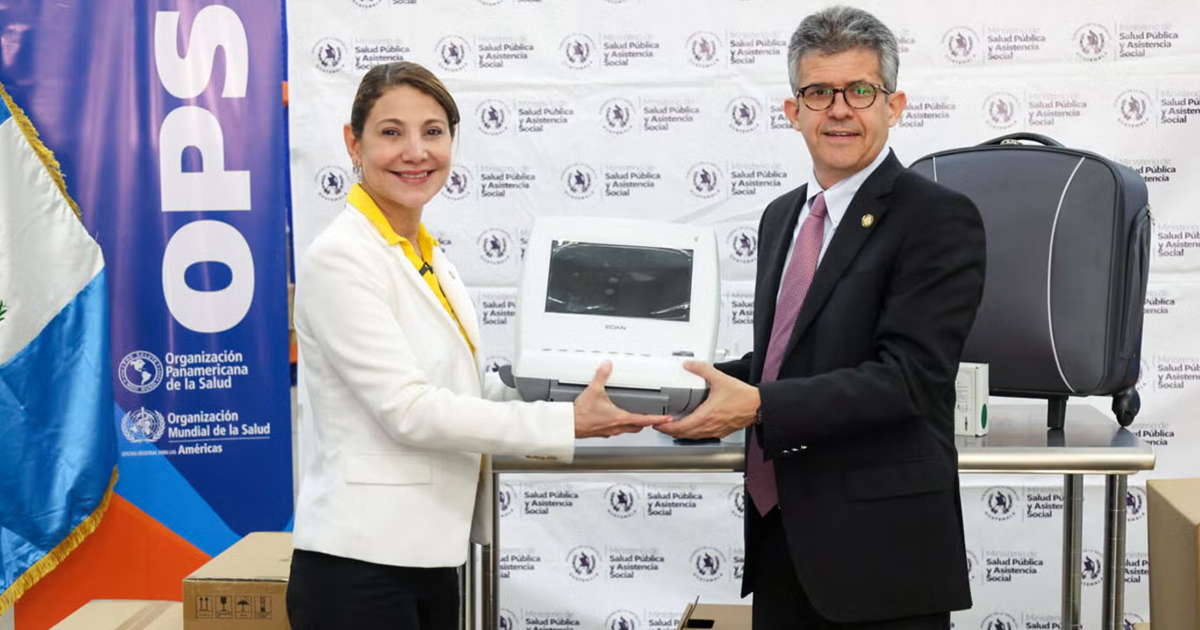The Digital Health tiene como propósito establecerse en todo el país sin importar su ubicación, ya que busca entregarle a la población total, métodos de innovación que apoyen a su cuidado diario.
Argentina está transformando sus sistemas de salud, al adaptarse a la Digital Health junto a las innovaciones que imponen las nuevas Tecnologías de la Información y Comunicación (TIC).
The Red Nacional de Digital Health está enfocada a toda la región, priorizando las zonas alejadas y pequeñas comunidades.
El trabajo realizado por esta estrategia les ha permitido a las provincias, contar con sistemas que operan con el fin de mejorar la calidad de los resultados y la organización de cada dato médico, como es el caso del Historial Clínico Electrónico.
Mediante este mecanismo, el paciente puede tener reunida toda su información como tratamientos, cirugías, medicamentos y padecimientos en una sola base de datos, disponible digitalmente en cualquier plataforma, sin importar la institución pública ni la fecha en la que se solicite.

Otra función que se añadió, es la interoperability con el estándar HL7 FHIR, el cual conecta la información de salud y todos sus recursos entre distintas plataformas para descentralizar todos los datos y puedan estar disponibles en cualquier momento.
En Chaco, las personas están adscritas en el National Registry of Persons (RENAPER), portal web que identifica a cada paciente de manera particular y genera un análisis único dependiendo de sus características.

Por su parte, Río Negro, cuenta con su propia infraestructura que descentraliza al sistema para poder producir estadísticas precisas a través de dispositivos y aplicaciones móviles, las cuales proyectan en tiempo real cualquier dato solicitado.
Otra de las provincias que se han beneficiado de los avances tecnológicos es Mendoza, cuya estrategia tiene considerada la Universal Health Coverage (CUS) con el objetivo de erradicar la brecha digital y poder dotar de información útil a todas las personas para que puedan convertirse en agentes activos de su propio tratamiento.
La Red Nacional de Digital Health busca garantizar los derechos de acceso a los servicios de salud pública, accesible para todo ciudadano, cuidando su privacidad y velando por su bienestar.
De esta forma, su práctica implica un software donde el médico apunta antecedentes, diagnósticos o problemas, plan de cuidado, resultados de laboratorio, medicación y entre otras cosas que conforman un cuadro global acerca de la situación de salud de cada paciente.
Así, se ingresará a un portal seguro para consultar de forma virtual los pormenores de cada caso clínico y con esto, proporcionar confianza para que la calidad de vida de cada persona esté resguardada ante cualquier factor de riesgo.







